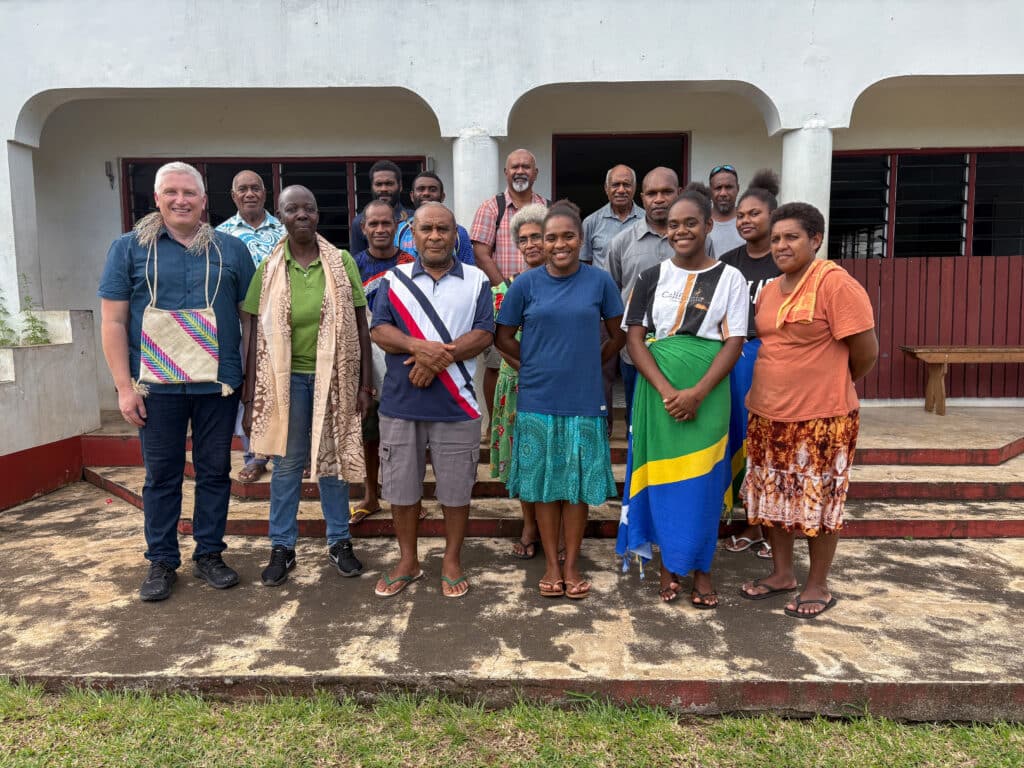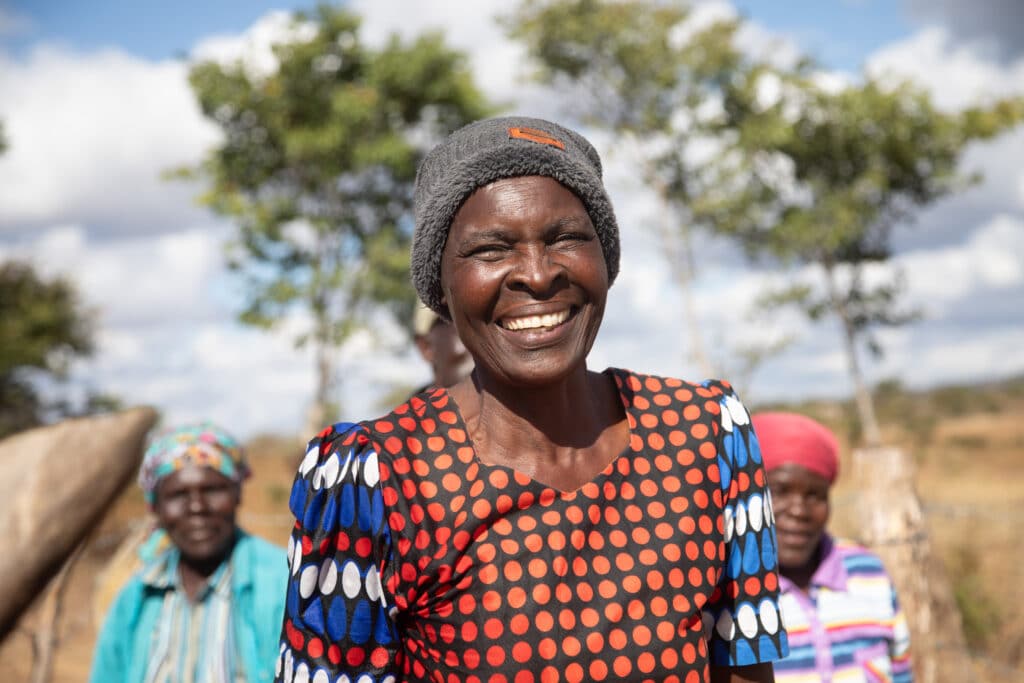Latest
News & Updates

Bringing Hope to Vanuatu’s Wounded Hearts this Christmas
Christmas reveals a God who does not abandon us in our trauma, but draws near with comfort and hope. In the months since Vanuatu’s devastating December earthquake last year, Pastor David from Pentecost Island has lived this truth as he…

Vanuatu Discovery Trip 16 – 23 July 2026
In July 2026, Global Mission Partners is hosting a leadership Discovery Trip to Vanuatu. This trip is intended for senior pastors and church leaders and will be hosted by John Lamerton (CEO, Global Mission Partners). This will be an opportunity…

Zimbabwe Discovery Trip 20 – 30 July 2026
In July 2026, Global Mission Partners are hosting a Discovery Visit to experience mission in Zimbabwe with Safe Water September. Would you like to come? This group will travel to Bulawayo, Zimbabwe, to visit our friends at Showers of Blessing and…
Subscribe for Updates
Be the first to know about exciting developments and breakthroughs made possible because of supporters like you. Sign up to our mailing list today.
By clicking subscribe, you agree to receive our emails. We fully respect your privacy and will never sell or share your information unless required by law. Unsubscribe at any time.
A Teacher’s Miracle During the Vanuatu Earthquake
Mary will never forget the morning of 17 December 2024. Before leaving for her teaching job at Malapoa College in Port Vila, Vanuatu, she prayed Psalm 91 over her life and her family, declaring God’s protection over them all. She…
Great Gifts for the Mission-Minded
From the winding roads of Indonesia to the rugged paths of Zimbabwe, the Great Gifts Mission-Minded Bundle equips leaders who bring the Gospel to the hardest-to-reach places. Students, pastors and local leaders are building hope through presence and perseverance, turning…
Why Partner Visits Matter
Over the years, there have been many ways Global Mission Partners has connected with its partners, but at the heart of it all is a simple yet profound belief that mission is not one-way. It is a shared journey of…
Dareton Immersion Trip 26 – 29 April 2026
In April 2026, Global Mission Partners IMA program is hosting a discovery visit to experience the culture and faith of one of our Indigenous ministry partners, the Dareton Youth & Community Centre, located in Dareton, outback New South Wales. You’re…
Dusty Feet Mob Immersion Trip 10 – 13 May 2026
In May 2026, Global Mission Partners IMA program is hosting a discovery visit to experience the culture and faith of one of our Indigenous ministry partners, Dusty Feet Mob, in outback South Australia. You’re invited on this IMA immersion trip…
Dhiiyaan Immersion Trip 20- 23 September 2026
In September 2026, Global Mission Partners Indigenous Ministries Australia program is hosting a discovery visit to experience the culture and faith of one of our Indigenous ministry partners, dhiiyaan, in rural South East Queensland. You’re invited on this Discovery Trip…